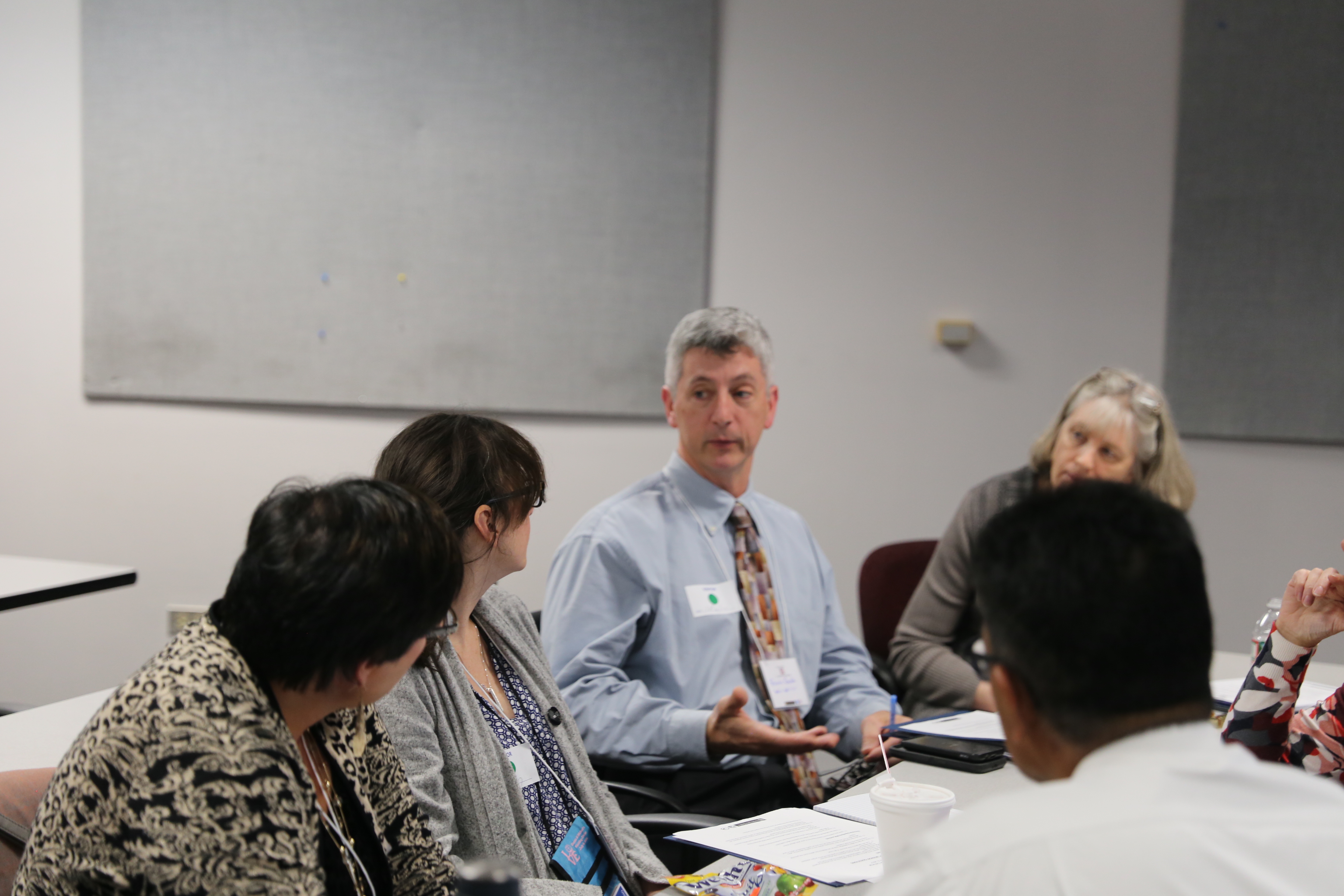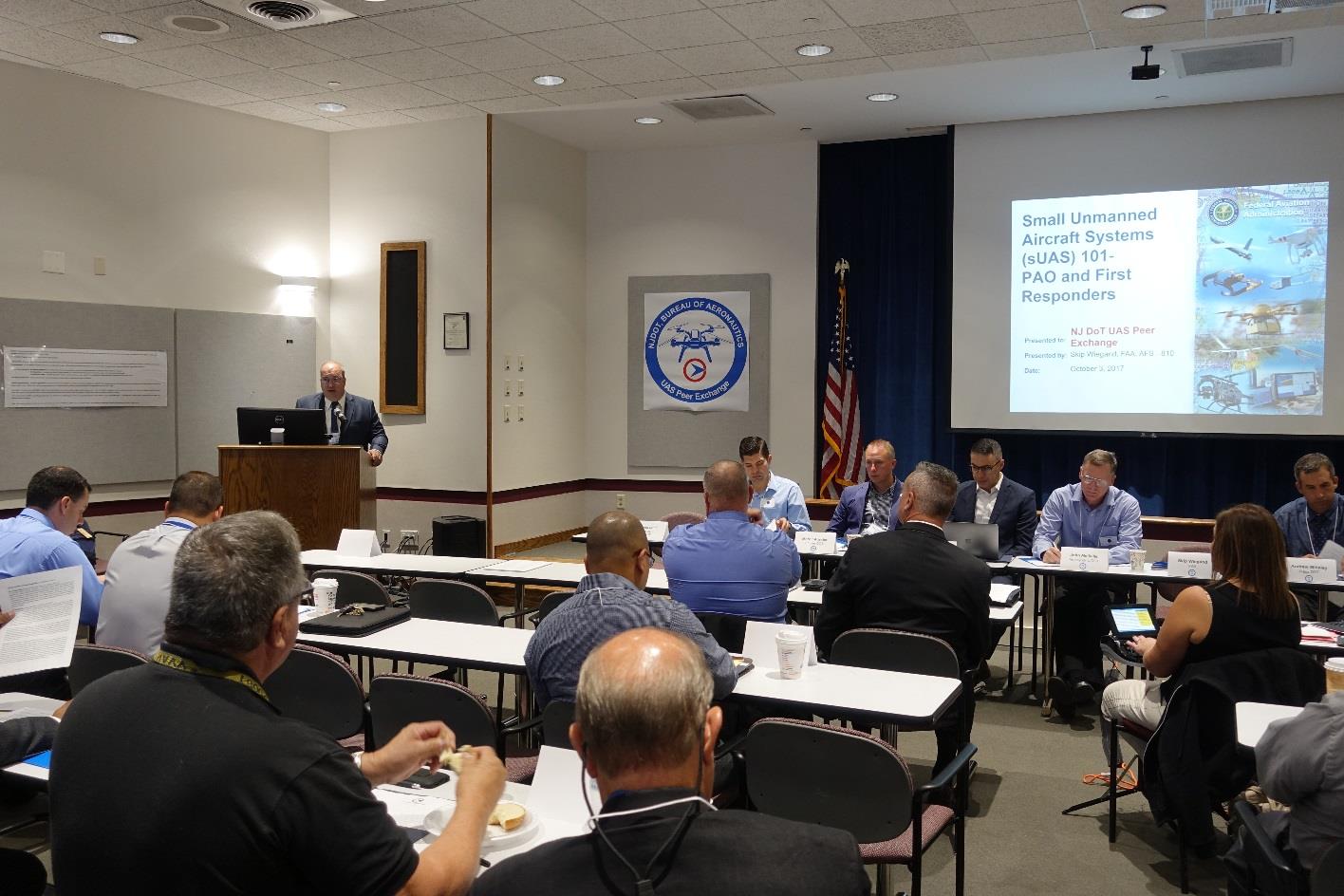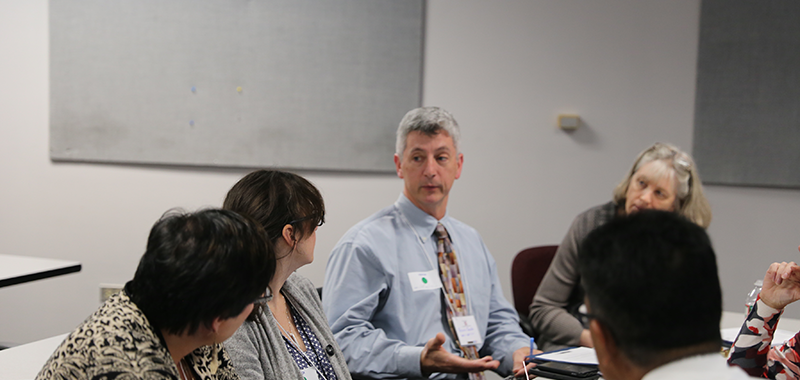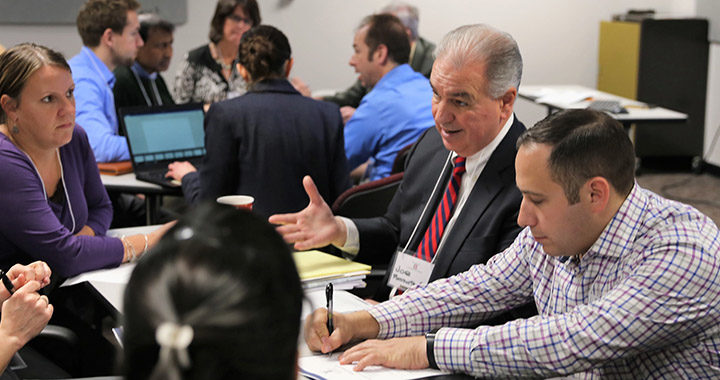
Learning about successful and effective practices used by other organizations.
Methods, processes, and strategies that are considered best practices will have been shown to be effective through implementation. Adoption of best practices results in time and cost savings, reduction in errors, managing risk. FHWA’s Every Day Counts initiative promotes the sharing of best practices among DOTs to support efficiency and effectiveness in deployment of new technologies.
BEST PRACTICE MEETINGS & STUDIES
WHAT
- Best Practice Meetings & Studies describe practices that have proven successful or effective in other organizations and can be duplicated. Best practices may be adopted between units within an organization.
WHY
- To increase efficiency and effectiveness, adopt practices that are successful in other organizations.
- Share current practices in use within the organization.
WHEN
- To increase efficiency and effectiveness, adopt practices that are successful in other organizations.
- Share current practices in use within the organization.
HOW
- Identify knowledge gaps and sources of knowledge and information. Determine the study or meeting format and content.
PRACTICAL CONSIDERATIONS
- Identify knowledge gaps and sources of knowledge and information. Determine the study or meeting format and content.
LINKS & RESOURCES
- TBD
EXAMPLES
Peer Exchanges create an opportunity for peers, experts, and others involved in a particular topic to exchange ideas and best practices on that topic to benefit research, development, and technology transfer programs. A Peer Exchange is a formal program required by FHWA in order to receive federal planning and research funds. A State DOT research bureau defines a topic and selects a peer exchange team that includes participants from other state DOT research programs, FHWA, universities, or other related organizations.
A state DOT can organize other Peer Exchanges to focus on topics of particular significance within the state, and invite participants from state and local agencies.
See Peer Exchange.



